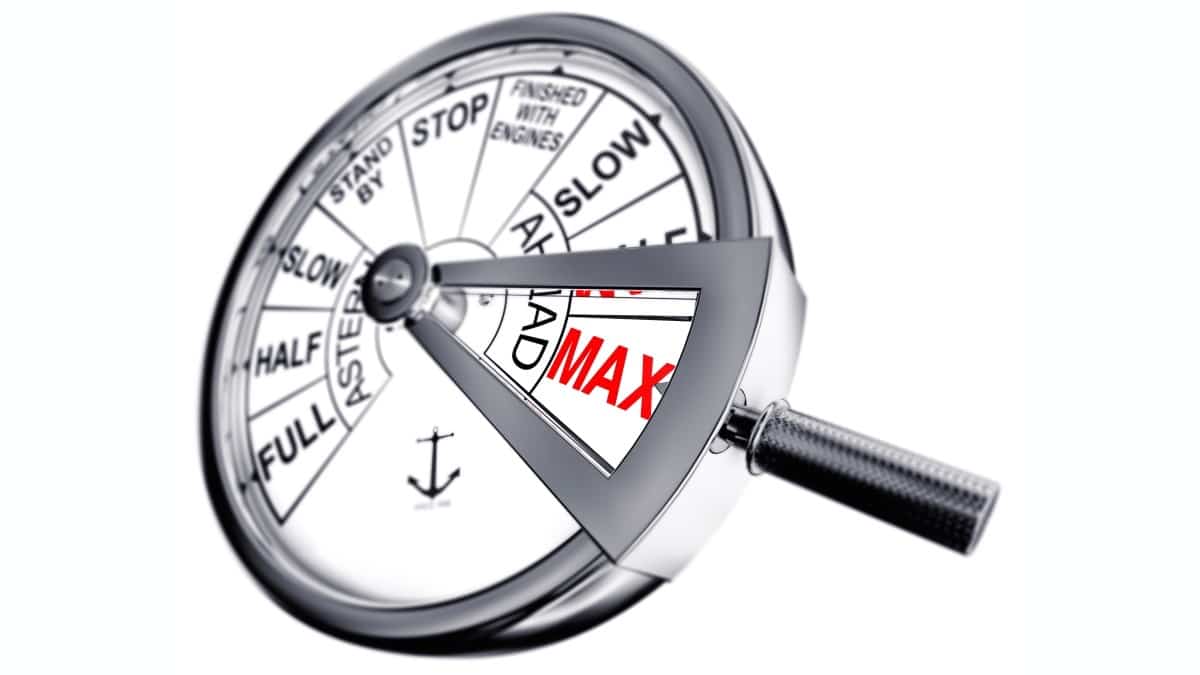In this guide
If you feel like you’ve missed the boat when it comes to building your retirement savings, don’t despair. You may be eligible to use an often-overlooked opportunity to put a chunk of cash into your super and reduce your tax bill at the same time.
Using the carry-forward rules to contribute more than the standard annual concessional cap is an easy way to boost your super balance if you have cash to spare.
So, how does it work, and are you eligible?
What are carry-forward contributions?
Carry-forward contributions are not a special type of super contribution; they simply allow super fund members to use some or all of their previously unused concessional contributions cap (or limit) on a rolling basis for five years.
This means if you don’t use the full amount of your concessional contributions cap, you can carry forward the unused amount and take advantage of it up to five years later.
Expiry of unused concessional contributions caps
After five years, any of your unused concessional contributions cap amounts will expire.
| Financial year | Concessional cap for the year | Last financial year in which unused cap can be used |
|---|---|---|
| 2019–20 | $25,000 | 2024–25 |
| 2020–21 | $25,000 | 2025–26 |
| 2021–22 | $27,500 | 2026–27 |
| 2022–23 | $27,500 | 2027–28 |
| 2023–24 | $27,500 | 2028–29 |
| 2024–25 | $30,000 | 2029–30 |
Who can benefit from carry-forward contributions?
Carry-forward contributions were introduced to make it easier for people with interrupted or non-standard work patterns to save for their retirement and to benefit from the tax concessions available in the super system.
Annual concessional contribution caps make it difficult to build retirement savings for people who take time out from work, work part time, or have ‘lumpy’ income and periods when they make no or limited super contributions. This includes women who work part time or take time off to care for children or other family members and people who have time out of the workforce for caring responsibilities, further studies, or due to physical or mental illness.
Carry-forward contributions can also be useful for people who find they have more disposable income later in life due to reduced household costs, such as mortgage repayments or school fees, and want to boost their super balance in the lead-up to retirement.
Anyone who wants to contribute more than the standard concessional cap in one financial year can benefit, so long as they meet the eligibility rules below.
Making additional concessional contributions can be a tax-effective way to grow your retirement savings, as these before-tax contributions are only taxed at 15% as they enter your super account, rather than at your marginal tax rate (which can be up to a maximum of 47% including the Medicare levy). Any earnings you receive on your contributions once they are in your super account are also taxed at only 15%.
What are the eligibility rules?
There are two conditions to meet before you can use your unused concessional cap amounts:
- Your Total Super Balance (TSB) must be under $500,000 as at 30 June in the previous financial year. For example, if you want to use the carry-forward rules in 2024–25, your TSB must have been under $500,000 on 30 June 2024.
- Your TSB is calculated by adding together all the amounts you have in the accumulation phase of super, plus the retirement phase value of your super and any rollovers in transit between super funds on 30 June.
- If your TSB falls below $500,000 on a subsequent 30 June, you are once again eligible to apply any of your unused concessional contributions cap in a future financial year.
- You have made concessional contributions in the financial year exceeding the annual general concessional contributions cap ($30,000 in 2024–25)
How to check the carry-forward amount available to you
If finding all your old contribution details and working out how much unused cap you have from prior years sounds tricky, we have good news – you shouldn’t need to.
To see your available carry-forward amount, log in to myGov and access the linked ATO service. In the super menu, select information, then carry-forward concessional contributions.
This will display your unused concessional contributions available to carry forward and confirm whether you are eligible based on your Total Super Balance. The amount shown is the unused cap you have available in addition to the current year’s cap. For example, if you have $60,000 unused cap displayed, you could contribute $90,000 in 2024–25 without exceeding your concessional cap ($60,000 unused from prior years plus $30,000 annual general cap for 2024–25).
If you prefer not to use the online service, you can contact the ATO on 13 10 20 to request details of your unused cap over the telephone.
How are carry-forward contributions processed?
You don’t need to fill in any forms or notify your super fund (or anyone else) to use carry-forward. Just make your concessional contributions in the way you usually would – by salary sacrifice through your employer or by making personal tax-deductible contributions.
Your super fund deducts 15% contribution tax. They will not deduct any additional tax when you exceed the general annual contribution cap – all liabilities for excess contribution tax are calculated and levied by the Australian Tax Office (ATO), not super funds.
Your fund will report all your concessional contributions (including those paid by your employer) to the ATO. When you exceed the annual concessional cap in one year, the tax office will automatically carry forward unused cap amounts from prior years (if you are eligible).
The oldest unused cap is used first. When it has been exhausted, the following year’s unused cap will be drawn upon, and so on.
How carry-forward contributions work: Case studies
| 2019–20 | 2020–21 | 2021–22 | 2022–23 | 2023–24 | |
|---|---|---|---|---|---|
| Annual general concessional contributions cap | $25,000 | $25,000 | $27,500 | $27,500 | $27,500 |
| Concessional contributions into Kylie’s account | $10,000 | $10,000 | $10,000 | $10,000 | $10,000 |
| Available unused concessional cap | $15,000 | $15,000 | $17,500 | $17,500 | $17,500 |
| Cumulative available unused concessional cap | $15,000 | $30,000 | $47,500 | $65,000 | $82,500 |
Kylie decides to make a concessional contribution of $55,000 in 2024–25, which exceeds the normal concessional cap by $25,000.
This triggers the ATO to begin using Kylie’s available carry forward. Unused caps are applied in order from the earliest financial year to the most recent financial year. As Kylie exceeded the standard cap by $25,000, the whole unused cap amount of $15,000 from 2019–20 will be used. The remaining $10,000 will be drawn from the $15,000 available unused cap from 2020–21, leaving $5,000 from that year to be carried into the future. If Kylie doesn’t use the remaining $5,000 unused cap from 2020–21 in 2025–26, it will expire.
Thanks to the carry forward measure, Kylie does not exceed her concessional cap, and doesn’t need to pay additional tax on any excess contributions.



















